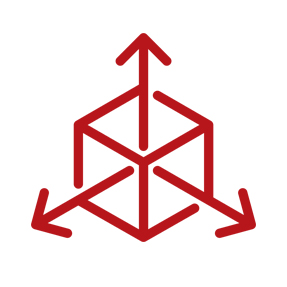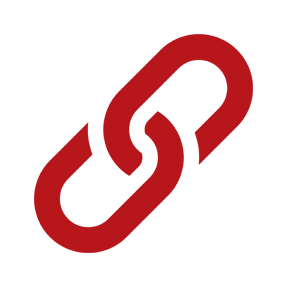
Manufacturing Execution Systems (MES) Solutions
An MES is the heartbeat of your operation. It’s a powerful software system that helps remove friction between otherwise siloed business functions. MES solutions link these functions across multiple, plant-wide manufacturing processes through customer orders.
An MES application consists of three basic elements:

|
|
Database: Centralized, relational and production-rugged
|
|
|

|
|
Business Rules: Parsed through an engine that enforces client-specific production processes
|
|
|

|
|
Visualization: Reporting of real-time information showing actual results
|
Those elements of an MES can affect the following business functions:

|
|
Capacity: Improve the throughput of machines and the productivity of people throughout your manufacturing operations
|
|
|

|
|
Quality: Monitor products and processes to identify root causes and eliminate errors
|
|
|

|
|
Delivery: Meet schedules with better plant-wide coordination and communication
|
|
|

|
|
Visibility: Real-time visibility gives you the power to track and control what you see
|
Are you running multiple generations of technology? That complexity leads to inconsistency and inefficiency. Are you missing delivery dates? An MES can help your production schedule stay on track. Is your knowledgeable workforce retiring? The standardization of MES simplifies onboarding of new employees.
Workplaces are changing, and workforces are too. If you want to connect, manage, validate and optimize your production, you need intelligent, scalable solutions to stay competitive.
An MES gives you the ability to manage workflows and generate valuable production data. It’s the heartbeat of your operations and has the power to make them more efficient, productive and responsive. Harness that power to resolve production issues in the short term—and create competitive advantages in your production processes in the long term.
Are you running multiple generations of technology? That complexity leads to inconsistency and inefficiency. Are you missing delivery dates? An MES can help your production schedule stay on track. Is your knowledgeable workforce retiring? The standardization of MES simplifies onboarding of new employees.
Workplaces are changing, and workforces are too. If you want to connect, manage, validate and optimize your production, you need intelligent, scalable solutions to stay competitive.
An MES gives you the ability to manage workflows and generate valuable production data. It’s the heartbeat of your operations and has the power to make them more efficient, productive and responsive. Harness that power to resolve production issues in the short term—and create competitive advantages in your production processes in the long term.
A properly managed MES is powerful:
Adeptly manage materials, machinery efficiency, energy and people so you can optimize throughput and improve asset efficiency throughout the manufacturing process.
Improve supply chain effectiveness by collecting and analyzing production data in context so you can quickly recognize deviations from targets and the root causes of operational issues.
Comply with regulations and trading partner reporting requirements with better reporting and documentation capabilities.
Meet sustainability goals by gaining control of resources and better understanding of the effect of production processes on water, air, gas, electricity and steam use.
So yes, to get ahead in the manufacturing industry today, you need an MES. Whether purchased as a single-plant, multi-plant or industry-specific solution, an MES can help you meet a range of productivity, quality, compliance and cost-saving goals.
Do I Need an MES if I Have an ERP?
You may need an MES, an ERP, or both. Think of an MES like Enterprise Resource Planning (ERP) for the shop floor – but more. As the bridge between Information Technology (IT) and Operations Technology (OT), it provides enterprise visibility to actual production results and control systems with a real-time view of what the enterprise needs from production to meet business goals, including work instructions, recipes, and other crucial information.
To decide whether your warehouse management needs an MES, ERP software, or both, consider the scenarios below:
I need to collect and consolidate IT and OT from existing equipment and systems. You can go deeper in the numbers without investing in MES. A combination of FactoryTalk® InnovationSuite Analytics and IIoT software offers edge-to-enterprise analytics, machine learning, IIoT and augmented reality to industrial operations. You can start with ERP software.
I need reports every week. ERP software typically records transactional data and reports it at intervals (daily, weekly or monthly). This is fine for financial and relational transactions but insufficient for manufacturing management. If you need real-time visibility, you'll want an MES.
I need to see the flow of information for job management, scheduling, quality assurance, and material management. You need an MES for online, real-time views of the latest scheduling priorities to eliminate inaccurate and time-consuming manual data collection. MES will allow you to configure and customize reports and provide different users with the information they need.
I need to coordinate production scheduling and machine maintenance. MES offers increased visibility to data and automated processes that improve quality, increase efficiency and improve productivity. MES can help shift work to other machines and alter the production plan to keep work flowing and better manage resources.



















